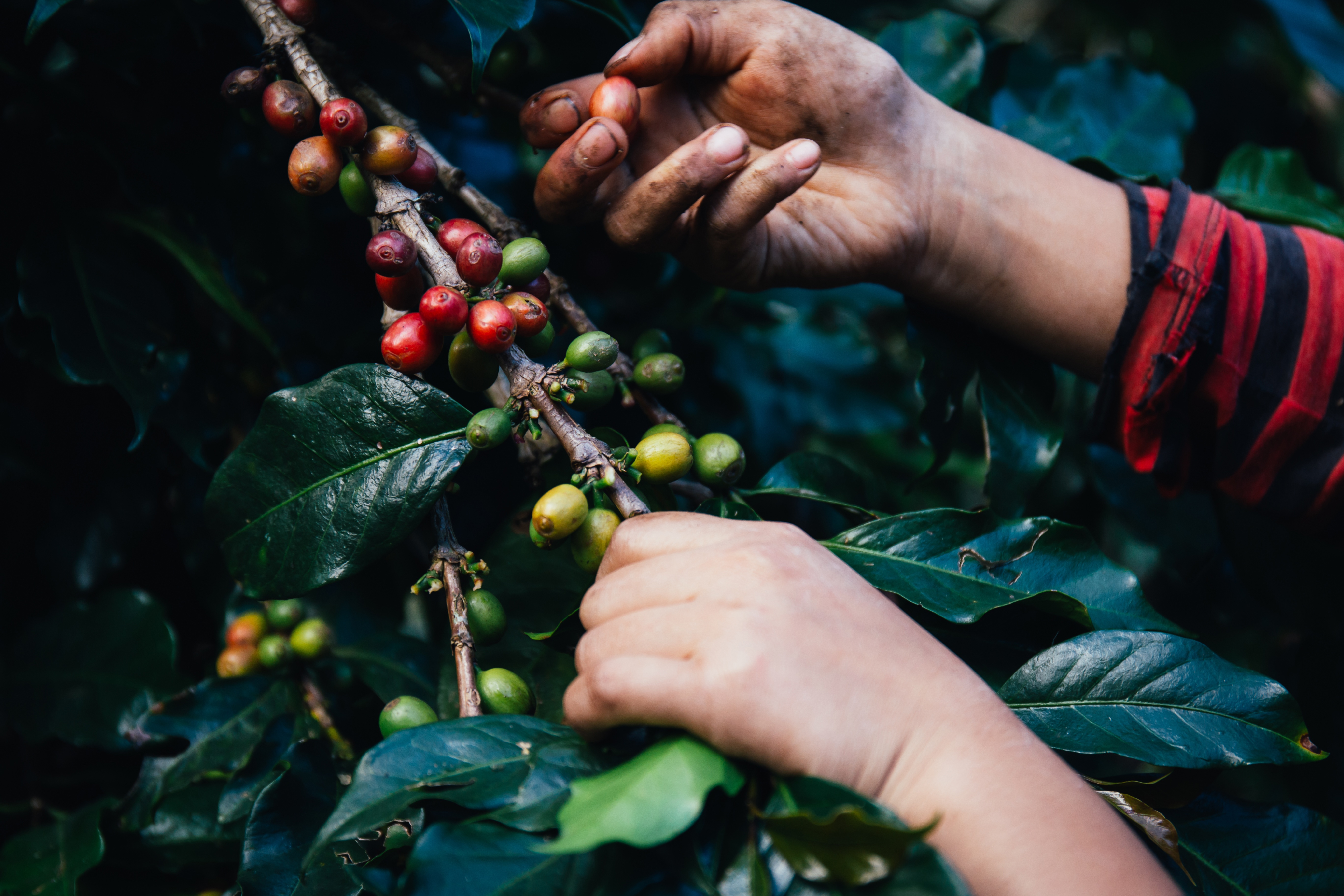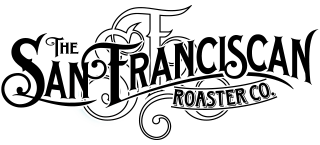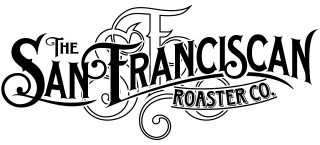 Now, more than ever, consumers are choosing to spend their hard-earned money on companies they know and trust. Long gone are the day of blindly purchasing products off the shelves at the local supermarket. Consumers—specifically millenials—are spending more time researching what they buy in order to positively impact the community. This is intrinsic in the specialty roasting industry. Consumers not only want to purchase coffee from shops that treat their employees with respect, they want to support companies that strive to do good in the world. Since the farming, production, and distribution of specialty coffee involves many players from all around the world, it’s easy for ethical business practices to get lost in the mix. How does a coffee roasting company ensure sustainability and ethical business practices? Although the answer is complex, it is achievable.
Now, more than ever, consumers are choosing to spend their hard-earned money on companies they know and trust. Long gone are the day of blindly purchasing products off the shelves at the local supermarket. Consumers—specifically millenials—are spending more time researching what they buy in order to positively impact the community. This is intrinsic in the specialty roasting industry. Consumers not only want to purchase coffee from shops that treat their employees with respect, they want to support companies that strive to do good in the world. Since the farming, production, and distribution of specialty coffee involves many players from all around the world, it’s easy for ethical business practices to get lost in the mix. How does a coffee roasting company ensure sustainability and ethical business practices? Although the answer is complex, it is achievable.
Why Do Consumers Care About Ethical Business Practices?
Before tackling the big question, we must first delve into the psychology of the modern consumer. Due to technology’s grasp on our society, all types of companies long to connect with the consumer. By crafting and nurturing a healthy relationship between company and consumer, both parties benefit. The companies benefit by gaining lifelong consumers while the consumers trust the product they’re purchasing. The relationship is formed mostly through social media. A plethora of corporate Twitter accounts constantly interact with customers who tweet at them, use their hashtags and promote their products. This is one way to foster a connection between company and consumer but it often falls short. Simply tweeting jokes and responding to consumers in comedic fashion can only go so far. Giving these corporations a youthful facade with which people can interact may deter the conversation away from the important topics at hand.
Using The Internet To Learn All There Is To Know About Your Favorite Companies
Companies of all sizes, from local independent coffee shops to major chains, long to form a connection with their customers. In order to achieve this in the most organic way possible, companies must be completely transparent with their business practices. When it comes to the specialty coffee industry, consumers are much more interested in their coffee’s origin than how trendy the coffee shop’s Instagram page looks (although a well put together account doesn’t hurt). Now that every man, woman, and child can easily access the Internet, it’s necessary for specialty coffee companies to be as clear and open about their business practices as possible.
Transparency Between Farmer and Roaster
A client won’t want to spend money on coffee when they know the coffee roaster uses exploitative business practices when sourcing their beans. The first step of the specialty coffee journey involves farmers and harvesters who often don’t taste the finished result. It can be easy for coffee companies to pay these farmers the lowest amount possible. Coffee trees grow between the Tropics of Cancer and Capricorn. Since they’re in entirely different countries, the farmers and harvesters may become victims of unethical business practices where they suffer and the corporations prosper.
Consumers of the Modern Era
For many years, consumers simply bought products they enjoyed, never questioning how these products came to be in the local supermarket or shopping mall. The most affordable products tended to be made by underpaid, underappreciated workers in overseas factories. Consumers were blind to the entire process of production. Now, however, more and more consumers are taking an interest in consuming ethically produced products. Even though it’s more costly to produce ethical products, companies are taking a stand against unethical practices in order to provide a more honest product. As for the specialty coffee industry, it’s more than being snobby about certain coffee varieties. It’s about trusting the coffee shop or the roaster to provide an ethical product.
No Longer Supporting Unethical Companies
By purchasing a cup of coffee from an ethical shop, the client will know their money is going on to foster a positive relationship within the specialty roasting community, from the farmers in Costa Rica to the roasters in their very own town. Of all the industries, specialty coffee stands apart for its staunch community. This is much more than a simple product the client will consume. It’s apparent how much hard work went into brewing just one cup of coffee. Every single sip is evidence of how the coffee roasting company treats its employees and partners. A coffee roaster’s website should gather all the relevant information for current and future customers to see exactly how the company works, how they source their products and how they treat their employees. The cup of coffee a customer buys can be doing more harm than good, depending on where they buy it from.
Keeping the Environment Safe When Farming Coffee
Many major corporations partake in unsafe farming tactics that endanger the environment and farmers alike. Since the specialty coffee industry is so personal and individualistic, professionals are able to take it upon themselves to treat everyone as fairly as possible. Specialty coffee is one of the few industries where every step in the production process can be overseen by an individual. Specialty coffee professionals travel to farms all over the world, fostering relationships with farmers in order to source coffee as ethically as possible. It’s this personal touch that gives specialty coffee companies the ability to connect with every individual who partakes in their product, from the farmers that make the coffee a reality to the consumer that purchases said coffee. Transparency leads to trust, which in turn creates lifelong customers.
Millennials Are Willing To Spend More Money on Sustainable, Ethical Products
A 2014 study by Nielsen discovered that 55 percent of global online consumers across 60 countries are willing to pay more for products provided by companies that show an active commitment to positive social and environmental impact. In fact, another Nielsen study from 2015 indicated that millennials are willing to spend more money on sustainable products. Even though millennials are currently living in one of the most difficult economic climates in recent history, they are still devoted to spend their money wisely, even if it means spending a bit more. This can be seen as a interpersonal stance that encompasses the world at large. Millennials engage with companies more freely, mostly through social media. They also partake in online communities and websites in order to make informed purchases. Simply put, a customer will spend more money on a product that doesn’t exploit its workers, even if there’s a cheaper alternative.
The San Franciscan Roaster Company Stands for Sustainable Business Practices
When it comes to the specialty coffee roasting industry, every participant must play their part. For this reason, the San Franciscan Roaster Company is devoted to building machines by hand right here in the United States. Furthermore, we only use American-made parts in all of our machines. By manufacturing products in an ethical way, we can guarantee that our machines will go on to do good in the specialty coffee roasting community. Contact us today if you're interested in learning more about how you can partake in the specialty coffee community!


